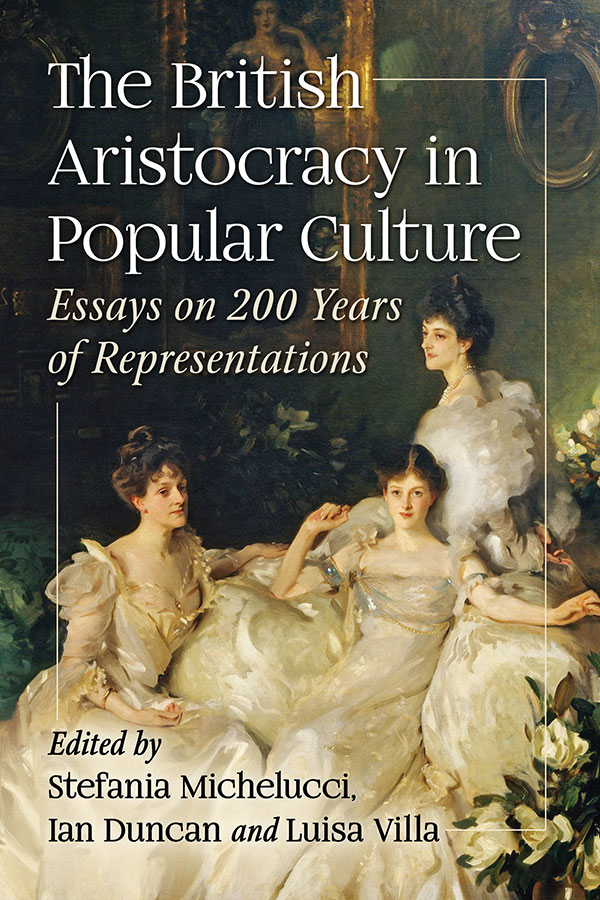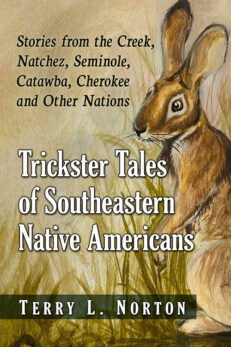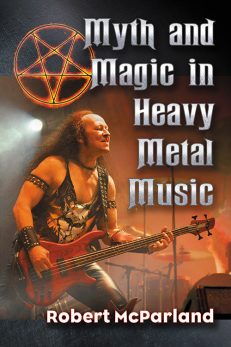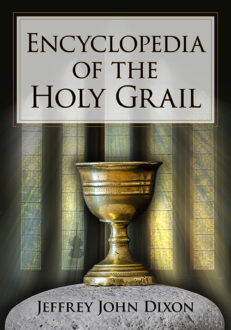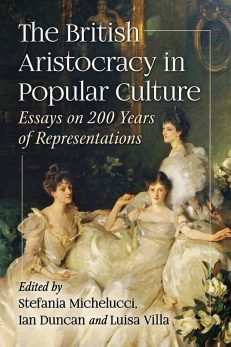The British Aristocracy in Popular Culture
Essays on 200 Years of Representations
$55.00
In stock
About the Book
As traditional social hierarchies fall away, ever steeper levels of economic inequality and the entrenchment of new class distinctions lend a new glamor to the idea of aristocracy: witness the worldwide popularity of Downton Abbey, or the seemingly insatiable public fascination with the private lives of the British royal family. This collection of new essays investigates the enduring attraction to the icon of the aristocrat and the spectacle of aristocratic society. It traces the ambivalent reactions the aristocracy provokes and the needs (political, ideological, psychological, and otherwise) it caters to in modern times when the economic power of the landed classes have been eroded and their political role curtailed. In this interdisciplinary collection, aristocracy is considered from multiple viewpoints, including British and American literature, European history and politics, cultural studies, linguistics, visual arts, music, and media studies.
About the Author(s)
Bibliographic Details
Edited by Stefania Michelucci, Ian Duncan and Luisa Villa
Format: softcover (6 x 9)
Pages: 277
Bibliographic Info: notes, bibliography, index
Copyright Date: 2020
pISBN: 978-1-4766-7487-2
eISBN: 978-1-4766-3905-5
Imprint: McFarland
Table of Contents
Acknowledgments v
Introduction (Stefania Michelucci, Ian Duncan and Luisa Villa) 1
Don Giovanni, the “Last Real Aristocrat” (Ian Duncan) 9
Château Désir and Beyond: The Young Disraeli and the Politics of Silver-Fork Fiction (Luisa Villa) 23
Throwing Down the Gauntlet to “Society”: Charles Dickens and John Forster Challenge “Blood” (David Paroissien) 44
A Seeming Anomaly: The British Aristocracy and the Novels of Anthony Trollope (Margaret Marwick) 57
“Transparent Swindles” and Others: Nineteenth-Century American Views of the English Aristocracy (Massimo Bacigalupo) 72
Thomas Hardy: Class and Pedigree (Phillip Mallett) 83
“Un pied sur chaque côté de la Manche”: Jacques-Émile Blanche’s Pictorial Representation of British Aristocracy (Leo Lecci) 96
“Hanging up looking-glasses at odd corners”: The Multiple Portraits of Lady Ottoline Morrell (1873–1938) (Anna Viola Sborgi) 117
Capsized Classes: The Aristocracy and the Annihilation of History in D.H. Lawrence’s Later Works (Stefania Michelucci) 140
“A twitch upon the thread”: Memory, Tradition and Cultural Identity in Evelyn Waugh’s Brideshead Revisited (Sergio Crapiz)157
Misfits’ Portraits: Representations of English Aristocracy in World War I, Through the Interbellum to World War II (Mario Domenichelli) 175
Idealism, Farce and International Heterotopias: Aristocracy in Kazuo Ishiguro’s The Remains of the Day (Laura Colombino) 185
Aristocratic Syntax: Interrogative and Relative Who and Whom in 19th and 20th Century Literature (Cristiano Broccias) 200
Narrative Rhetoric in Representing the British Aristocracy: Julian Fellowes and Peter Morgan (Paolo Braga) 218
Filmography 239
Bibliography 241
About the Contributors 257
Index 261
Book Reviews & Awards
“The collection applies various research methodologies to literary, artistic, and film representations of the British nobility to examine the enduring symbolic role and place of the aristocracy in culture and history. … These essays expand understanding of why these representations of British nobility matter—how they create and perpetuate a persistent ‘modern imagery’ of a historic aristocracy that many in the British and Anglophile world crave. …recommended.”—Choice

